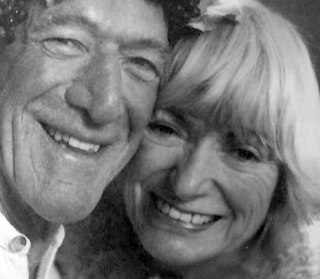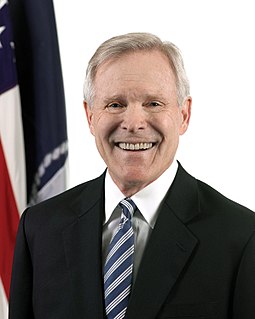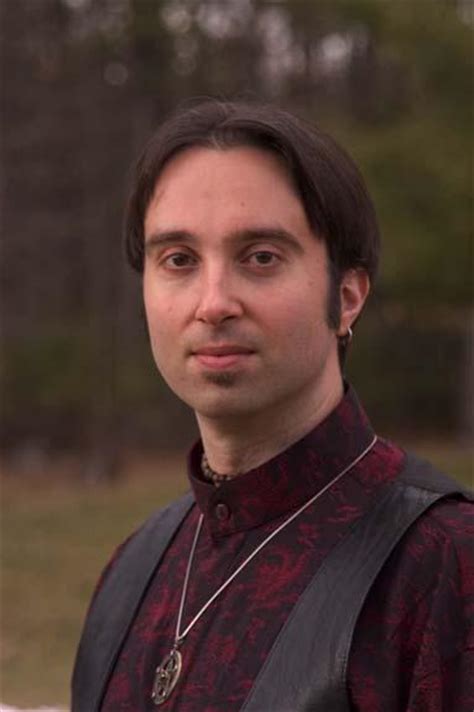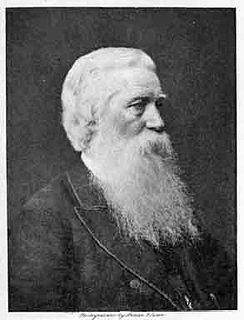A Quote by Thomas B. Macaulay
In the infancy of civilization, when our island was as savage as New Guinea, when letters and arts were still unknown to Athens, when scarcely a thatched roofed hut stood on what was later the site of Rome, this contemned people had their fenced cities and cedar palaces, their splendid Temple, their fleets of merchant ships, their schools of sacred learning, their great statesmen and soldiers, their natural philosophers, their historians and their poets.
Related Quotes
Wine has been with us since the beginning of civilization. It is the temperate, civilized, sacred, romantic mealtime beverage recommended in the Bible. Wine has been praised for centuries by statesmen, philosophers, poets, and scholars. Wine in moderation is an integral part of our culture, heritage and gracious way of life.
I really am a pessimist. I've always felt that fascism is a more natural governmental condition than democracy. Democracy is a grace. It's something essentially splendid because it's not at all routine or automatic. Fascism goes back to our infancy and childhood, where we were always told how to live. We were told, Yes, you may do this; no, you may not do that. So the secret of fascism is that it has this appeal to people whose later lives are not satisfactory.
I realized how valuable the art and practice of writing letters are, and how important it is to remind people of what a treasure letters--handwritten letters--can be. In our throwaway era of quick phone calls, faxes, and email, it's all to easy never to find the time to write letters. That's a great pity--for historians and the rest of us.
If one doubts whether Grecian valor and patriotism are not a fiction of the poets, he may go to Athens and see still upon the walls of the temple of Minerva the circular marks made by the shields taken from the enemy in the Persian war, which were suspended there. We have not far to seek for living and unquestionable evidence. The very dust takes shape and confirms some story which we had read.
It was about finding the sacred within myself, my center, my peaceful core. We each have a sacred space within us, a part of us. This sacred space is a temple, a temple to our inner power, our intuition, and our connection with the divine. Discovery of psychic powers, spells, and meditation are all things that lead us to the temple. They help us find the road within and walk our path to the inner temple.
I was arrested 1965. I had come back from the merchant marines, got into conversations about the war. I had never heard of Vietnam until I was in the merchant marines in constitution square in Athens, and I picked up the New York Herald or the International Herald Tribune and there was my first introduction of the word Vietnam.
Literature and the other arts play with pattern - our brains understand our world by recognizing patterns - and with possibility. The arts harness our sharpest senses, sight and sound, and our richest ways of understanding, in language and narrative. They were our first schools before schools were ever invented. They develop our imaginations, extend our possibilities, and deepen what we can all share.
We have great cities to visit: New York and Washington, Paris and London; and further east, and older than any of these, the legendary city of Samarkand, whose crumbling palaces and mosques still welcome travelers on the Silk road. Weary of cities? Then we’ll take to the wilds. To the islands of Hawaii and the mountains of Japan, to forests where Civil War dead still lie, and stretches of sea no mariner ever crossed. They all have their poetry: the glittering cities and the ruined, the watery wastes and the dusty; I want to show you them all. I want to show you everything.
Now many things are beginning to come out and it was truly a reality to me when I went to Africa, to Guinea. The little things that had been taught to me about the African people, that they were "heathens," "savages," and they were just downright stupid people. But when I got to Guinea, we were greeted by the Government of Guinea, which is Black People - and we stayed at a place that was the government building, because we were the guests of the Government.


































